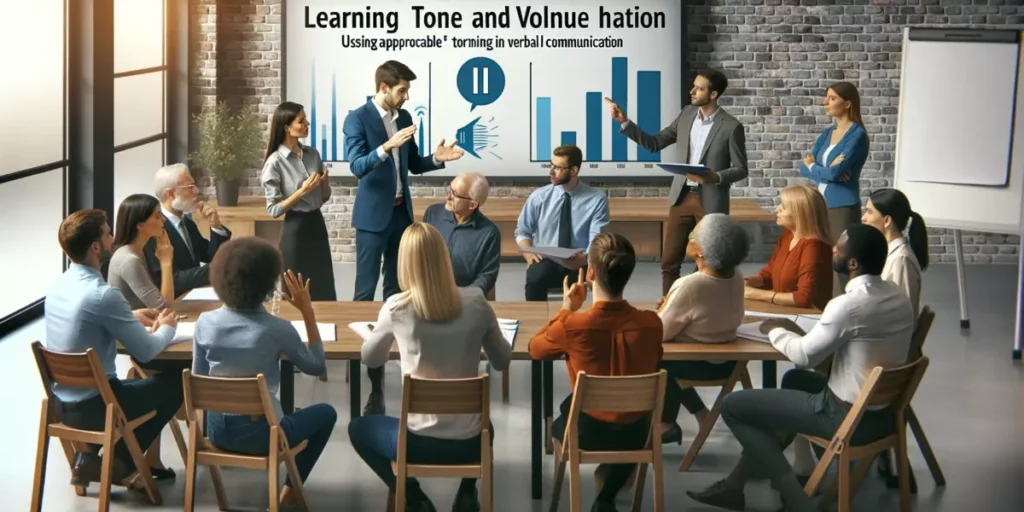Have you ever found yourself lost for words during a conversation, or perhaps struggling to convey your thoughts effectively? You’re not alone. The art of verbal communication is one that many grapple with, and honing this skill can often feel like an uphill battle. But fear not, as our journey into the realm of ‘How to Improve Verbal Communication Skills’ will equip you with the fundamental tools needed to navigate through any conversation confidently and eloquently.
How to Improve Verbal Communication Skills?
Improving verbal communication skills can positively impact both personal and professional relationships. One of the key ways to improve verbal communication is to listen to others actively. This involves paying attention to what is being said, asking clarifying questions, and providing feedback.
Additionally, practicing effective communication techniques such as speaking clearly and concisely, using appropriate body language, and being mindful of tone can also improve verbal communication skills.
Another helpful tip is avoiding interrupting others and being open-minded to different perspectives. With practice and dedication, anyone can improve their verbal communication skills and communicate more effectively.
Active Listening
This is the foundation of effective communication. By focusing on the speaker, refraining from interruptions, and providing feedback, you can understand the full context and respond more effectively. It also shows respect for the speaker and fosters a fruitful conversation.
Speak Clearly and Concisely
Be precise and to the point. Unnecessary details or convoluted explanations can confuse listeners and detract from the key message.

Use Appropriate Tone and Volume
How you say something can significantly impact the message’s reception. An appropriate tone that aligns with the situation and a suitable volume can help ensure your message is received positively.
Practice Public Speaking
Public speaking opportunities can significantly improve verbal communication skills, even if they may seem daunting initially. Start with small groups and gradually increase your audience size.

Expand Your Vocabulary
A broader vocabulary can help you express your thoughts more effectively and accurately. It allows you to describe things more precisely, thereby reducing misunderstandings.
Use Body Language
Non-verbal cues can complement verbal communication. Gestures, facial expressions, and posture can enhance the effectiveness of your message.
Think Before Speaking
Organizing your thoughts before speaking can help you present your ideas more clearly and confidently.
Provide and Accept Feedback
Constructive feedback can help identify areas of improvement. Similarly, be open to feedback from others and consider it a tool for improvement rather than criticism.
Empathy and Respect
Understand and acknowledge the feelings of others. Show respect in your communication, regardless of differences in opinion.
Read Aloud and Practice
Reading aloud can help improve pronunciation and clarity of speech. Similarly, practicing specific scenarios, like job interviews, presentations, etc., can build confidence and effectiveness.
Continual Learning
Verbal communication is a skill that can always be improved. Attend workshops, seminars, or online courses on communication skills. Communication is an art; everyone can improve with practice and conscious effort. Don’t fear making mistakes, as they are part of the learning process.